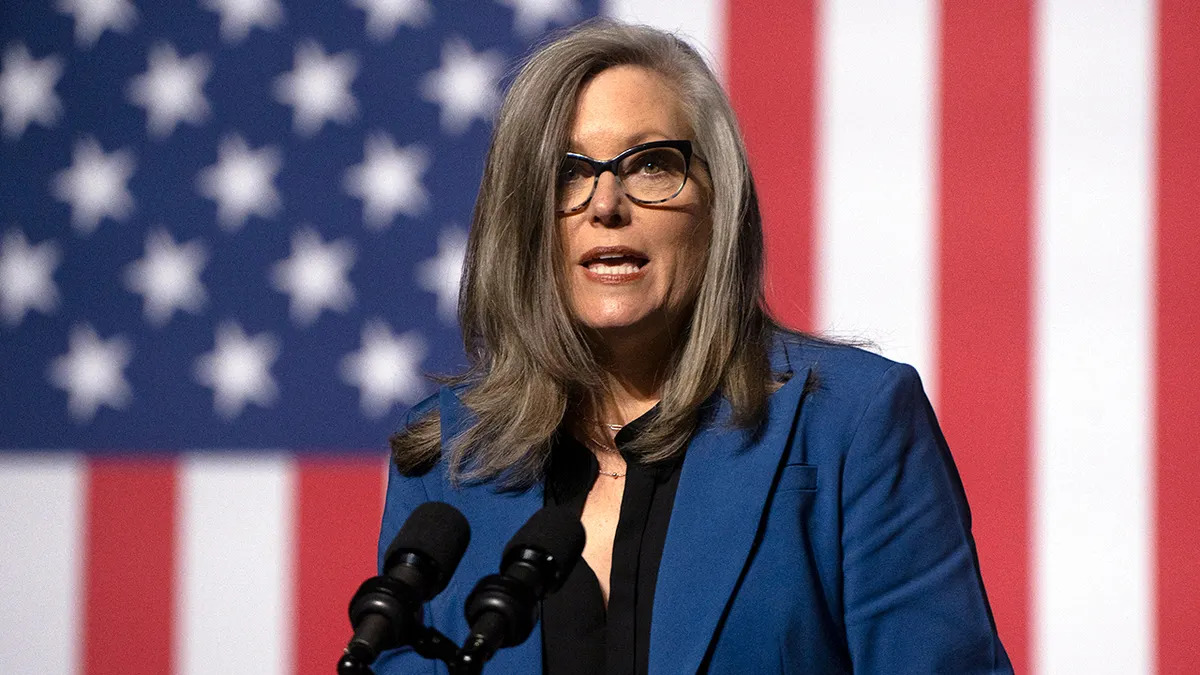Sen. Marsha Blackburn (R-Tenn.) is ramping up pressure on the FBI and IRS to release unredacted records related to Jeffrey Epstein, insisting the public deserves full transparency regarding his associates and financial dealings.
In a letter addressed to newly appointed FBI Director Kash Patel and acting IRS Commissioner Douglas O’Donnell, Blackburn, 72, demanded the agencies provide “complete, unredacted records” regarding Epstein, including flight logs, surveillance footage, and financial documents.
“This critical information identifying every individual who could have participated in Jeffrey Epstein’s abhorrent conduct is long overdue,” Blackburn wrote. “The survivors of Mr. Epstein’s horrific crimes want transparency and accountability, and they—and the American people—deserve nothing less.”
Epstein, a disgraced financier with high-profile connections, was arrested in July 2019 on federal child sex trafficking charges. He was found dead in his Manhattan jail cell a month later, with the official ruling being suicide. His death has fueled years of speculation and demands for answers regarding his extensive network of associates.
Demands for Full Disclosure
Blackburn is specifically seeking the unredacted flight logs from Epstein’s private jet and helicopter, along with his convicted associate Ghislaine Maxwell’s records, including the infamous “little black book.” Additionally, she is calling for the release of surveillance footage from Epstein’s Palm Beach residence, which was allegedly a hub for his illicit activities.
While redacted versions of these documents have previously surfaced online or been included in lawsuits, Blackburn argues that the full versions must be made public. “Since Mr. Epstein’s death in 2019, there is still much about this tragic case that is not known—including the names of his associates that are listed in the flight logs of his private jet and in Ghislaine Maxwell’s ‘little black book,’” she wrote.
Beyond the FBI, Blackburn is also pressing the IRS for records detailing Epstein and Maxwell’s financial dealings. She is requesting “any and all” documents revealing individuals and entities that had financial relationships with them.
FBI Director Patel’s Pledge
During his confirmation hearing last month, Patel assured Blackburn that he would “absolutely” work with her to bring more transparency to Epstein’s case files. However, it remains unclear how far he will go in releasing sensitive documents, particularly given past concerns over revealing the names of individuals who met with Epstein but were not implicated in criminal activity.
Blackburn has been a consistent advocate for obtaining these records. She previously urged the Senate Judiciary Committee to subpoena the files and pressed former FBI Director Christopher Wray on the issue. In December 2023, Wray told the Senate Judiciary Committee that his team would “figure out if there’s more information we can provide” on Epstein, but no follow-up information was ever released.
“Director Wray never provided any such follow-up information,” Blackburn noted in her letter to Patel. “Over a year has elapsed since then, and we still do not have all of the necessary information regarding Jeffrey Epstein’s crimes.”
The demand for transparency on Epstein’s network is gaining momentum. Last week, former Florida Attorney General Pam Bondi revealed that Epstein’s client list is “sitting on my desk” as it undergoes review for potential release.
As the pressure mounts, Patel and O’Donnell now face a crucial decision: whether to follow through on their promises of transparency or continue withholding key documents that could shed light on one of the most notorious criminal cases of the century. The American people, as Blackburn asserts, are watching—and waiting.


You must be logged in to post a comment Login